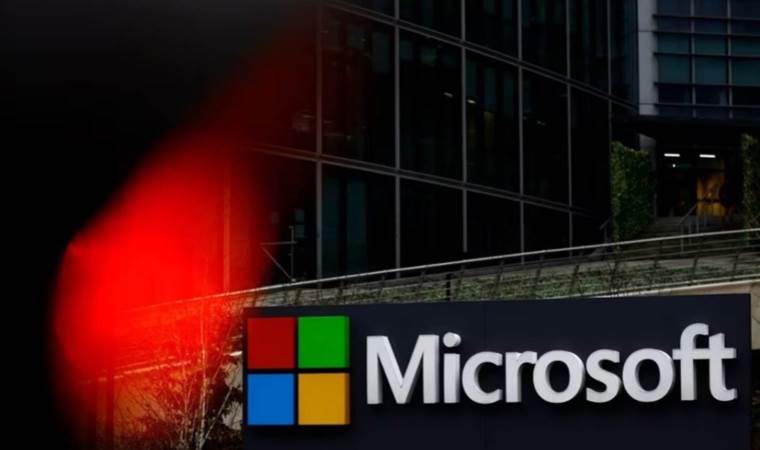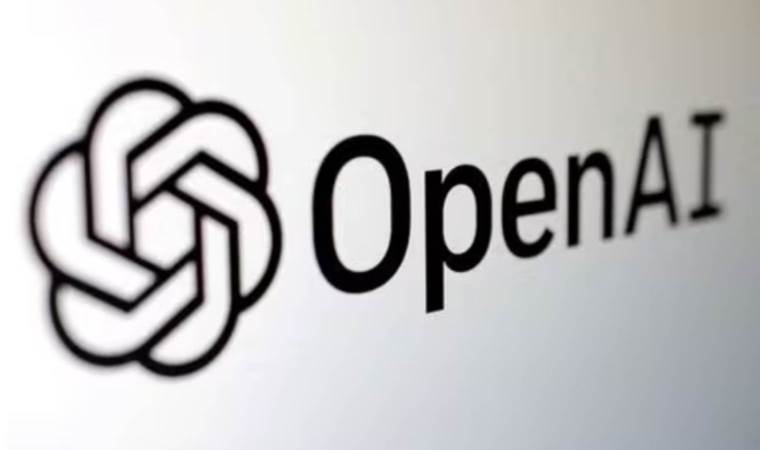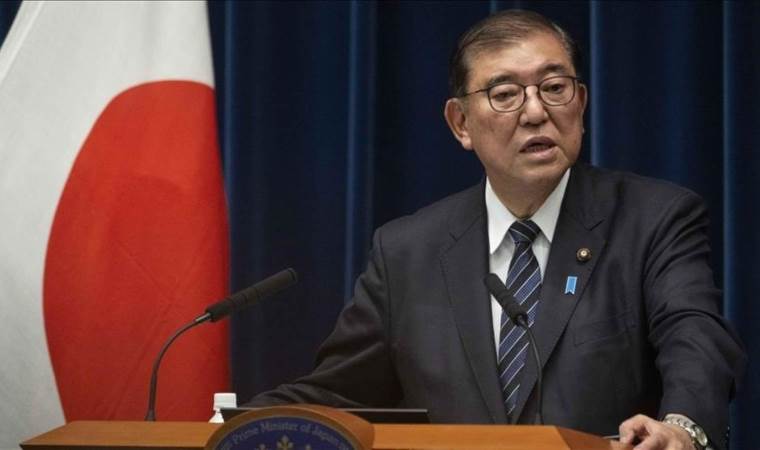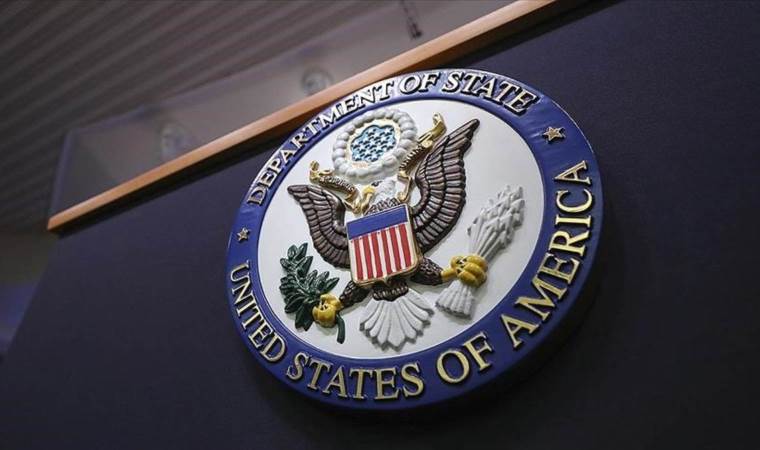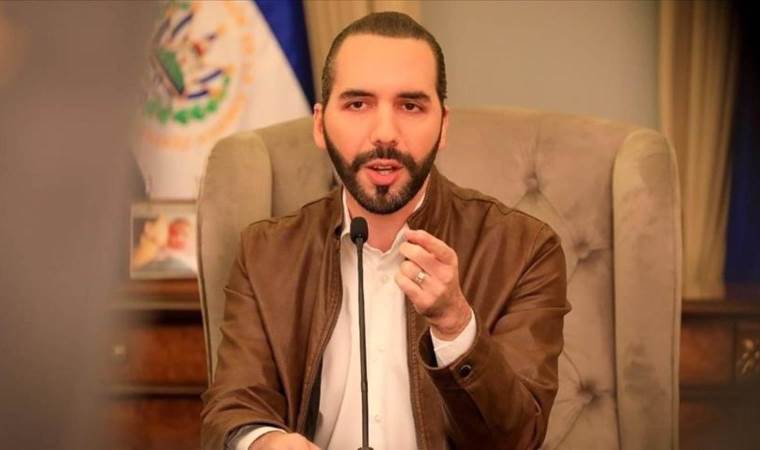Google faces multibillion-dollar AI patent lawsuit in US
Alphabet Inc.'s Google is set for a federal jury trial in Boston on Tuesday, facing allegations that its AI technology, particularly the processors powering key products, infringes on patents held by a Massachusetts-based computer scientist.
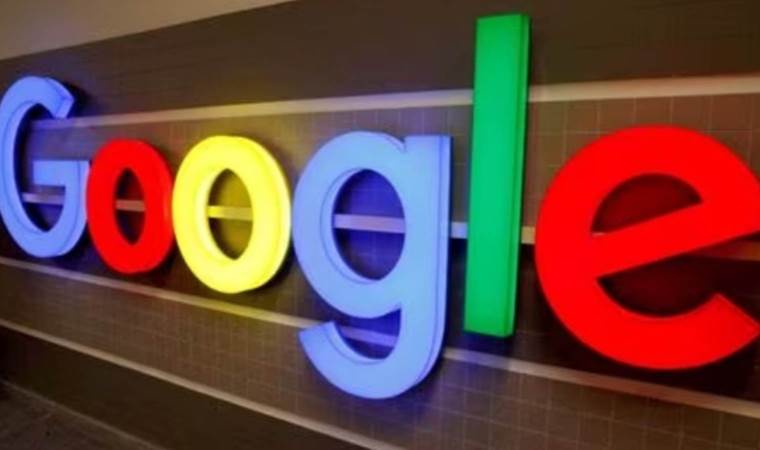
Joseph Bates, the founder of Singular Computing, claims that Google replicated his patented technology in its AI features across various services, including Google Search, Gmail, and Google Translate.
In a bold legal move, Singular Computing has requested up to $7 billion in damages from Google, potentially surpassing the largest patent infringement award in U.S. history. This sum reflects the vast impact of AI technology in modern digital services.
Google's Defense
Google, through spokesperson Jose Castaneda, has labeled Singular's patents as "dubious," asserting that their AI processors were independently developed over many years. Google is poised to challenge these claims in court.
The trial, expected to last between two and three weeks, will delve into complex aspects of AI technology and patent law, testing the legal boundaries of innovation and intellectual property.
The lawsuit centers around Google's Tensor Processing Units, which enhance its AI capabilities. Singular alleges that these units, particularly versions 2 and 3, infringe on two of Bates' patents, violating his rights to innovative computer-processing architectures.
Concurrently, a U.S. appeals court in Washington will hear arguments on whether to invalidate Singular's patents in a separate case. This follows an appeal from Google challenging the decisions of the U.S. Patent and Trademark Office, adding another layer to this multifaceted legal battle.
Most Read News
-
 Pope Francis dies at 88 after prolonged illness: Vatican
Pope Francis dies at 88 after prolonged illness: Vatican
-
 Kremlin ‘satisfied’ with US position ruling out NATO mem
Kremlin ‘satisfied’ with US position ruling out NATO mem
-
 Russia, Ukraine report airstrikes as Putin’s Easter ceas
Russia, Ukraine report airstrikes as Putin’s Easter ceas
-
 Trump ‘values’ talks with Japan, says Premier Ishiba ami
Trump ‘values’ talks with Japan, says Premier Ishiba ami
-
 US scales back development, diplomatic presence in Afric
US scales back development, diplomatic presence in Afric
-
 Israel bans Palestinian minister from occupied West Bank
Israel bans Palestinian minister from occupied West Bank
-
 At least 33 civilians killed in RSF shelling of Sudan’s
At least 33 civilians killed in RSF shelling of Sudan’s
-
 Gold price exceeds $3,400 to reach new record high amid
Gold price exceeds $3,400 to reach new record high amid
-
 China sanctions US lawmakers, officials, NGO heads
China sanctions US lawmakers, officials, NGO heads
-
 El Salvador’s president calls on Maduro to release Venez
El Salvador’s president calls on Maduro to release Venez
